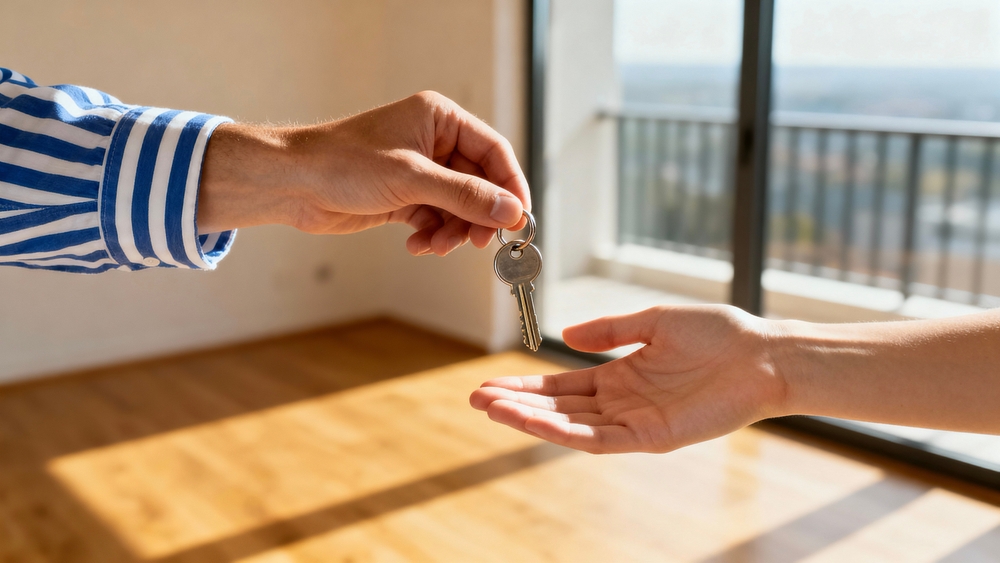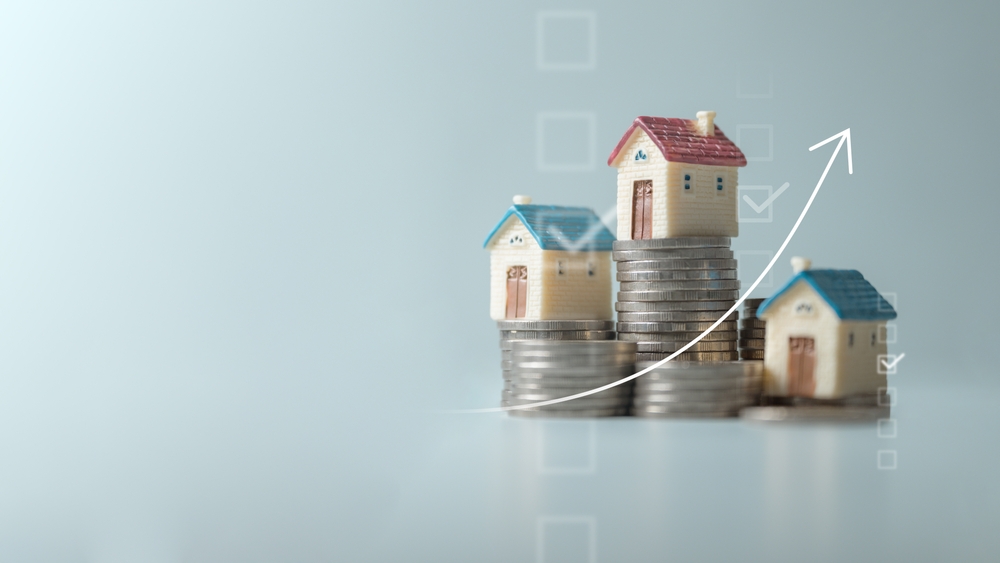
Choosing the right flooring solution depends on the specific needs of your property. While centralized systems can offer uniformity and simplicity, decentralized options provide customization and individual unit control. However, the type of flooring you choose will significantly impact the longevity, maintenance requirements, and overall appeal of your rental property.
Pros:
Cons:
Natural stone, with its timeless appeal and robust characteristics, is an excellent investment for landlords looking to enhance the value and aesthetic of their rental properties. It adds a touch of elegance and durability that is hard to match.
Pros:
Cons:
Wood decking remains a popular choice due to its beauty and versatility. However, landlords should be prepared for the maintenance required to keep wood surfaces in top condition.
Pros:
Cons:
Concrete is a versatile and durable option that can be tailored to various design needs. Its affordability and ease of maintenance make it a practical choice for many rental properties.
Pros:
Cons:
Tile flooring offers a high level of design flexibility and aesthetic appeal. However, landlords should consider the maintenance and safety concerns associated with tile surfaces.
When selecting outdoor flooring for your rental property, it’s essential to consider the specific needs of your tenants and the environmental conditions of your location. Here are a few additional factors to keep in mind:
Climate: Choose materials that can withstand the local weather conditions. For example, natural stone and concrete are ideal for areas with extreme temperatures, while wood may be better suited for milder climates.
Safety: Ensure that the flooring provides a safe surface for tenants. Non-slip treatments and textured finishes can help prevent accidents, especially in areas prone to moisture.
Maintenance: Consider the long-term maintenance requirements of each material. Some options, like concrete and stone, require minimal upkeep, while others, like wood and tile, may need regular attention.
Aesthetics: The appearance of the flooring can significantly impact the overall appeal of your property. Choose materials that complement the existing architecture and landscaping.
Cost: Budget is always a critical factor. Compare the initial installation costs and long-term maintenance expenses of different materials to find the best value for your investment.
Choosing the right outdoor flooring for your rental property is essential for maintaining its appeal and ensuring tenant safety. By considering the pros and cons of each material and taking into account factors like climate, safety, maintenance, aesthetics, and cost, you can make an informed decision that enhances the value and functionality of your property.
Enhance your rental property's appeal and value with expert advice and comprehensive property management services from Gordon James Realty. Our team can help you select the best outdoor flooring options and ensure they are installed and maintained to the highest standards. Contact us today to learn more about how we can help you maintain and upgrade your properties for long-term success.

A complete guide for landlords on building a tenant welcome packet that improves communication, reduces issues, and supports long-term tenant retention.

Discover 7 creative ways to finance rental property without traditional loans and learn how investors build portfolios with flexible strategies.
We're proud to make partnering with us easy. Contact our team to connect with one of our industry experts and get started today.